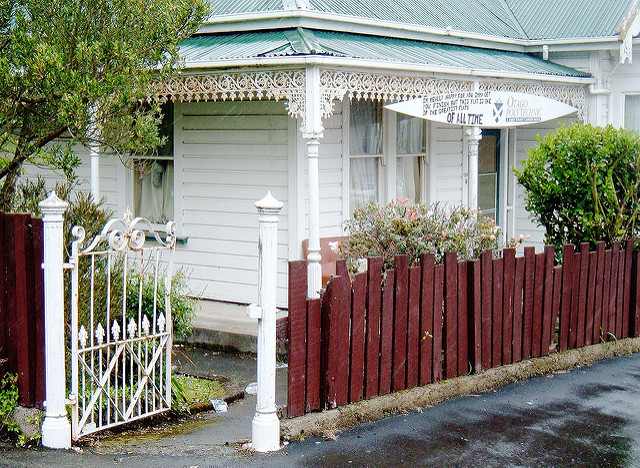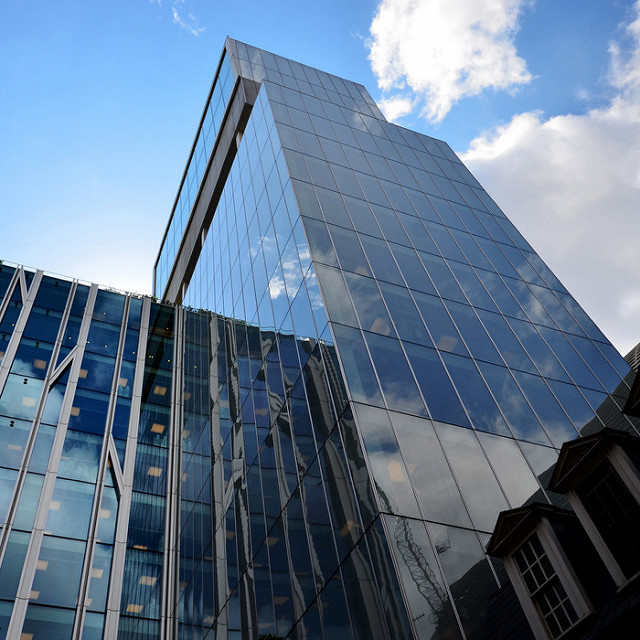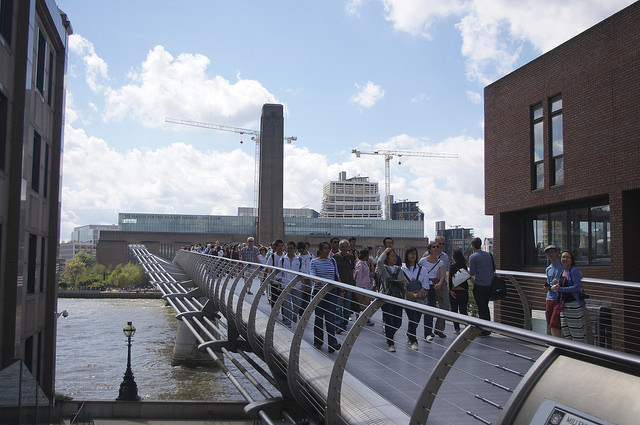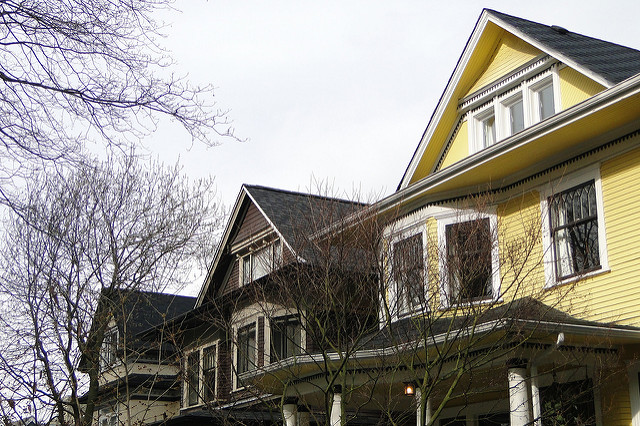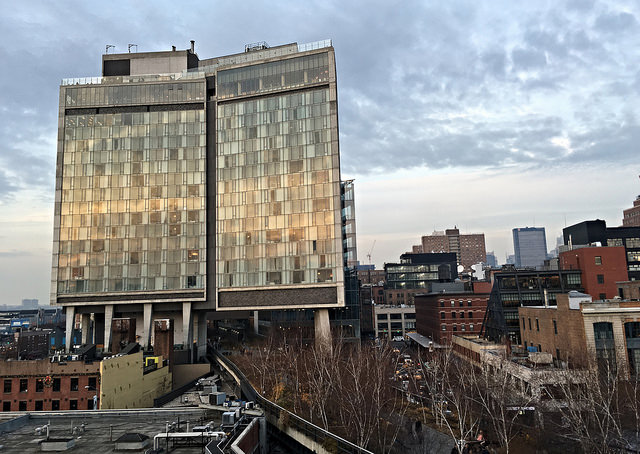Although as reported earlier the vast majority of new immigrants to New Zealand are quite happy with their new home, a few things still get on their nerves. The cost of health services and bad driving are among the biggest gripes that immigrants to New Zealand have, a new survey shows.
The Department of Labour survey of more than 2000 people assessed skilled migrants six to 12 months on and showed more than 90 per cent were still glad to call New Zealand home.
